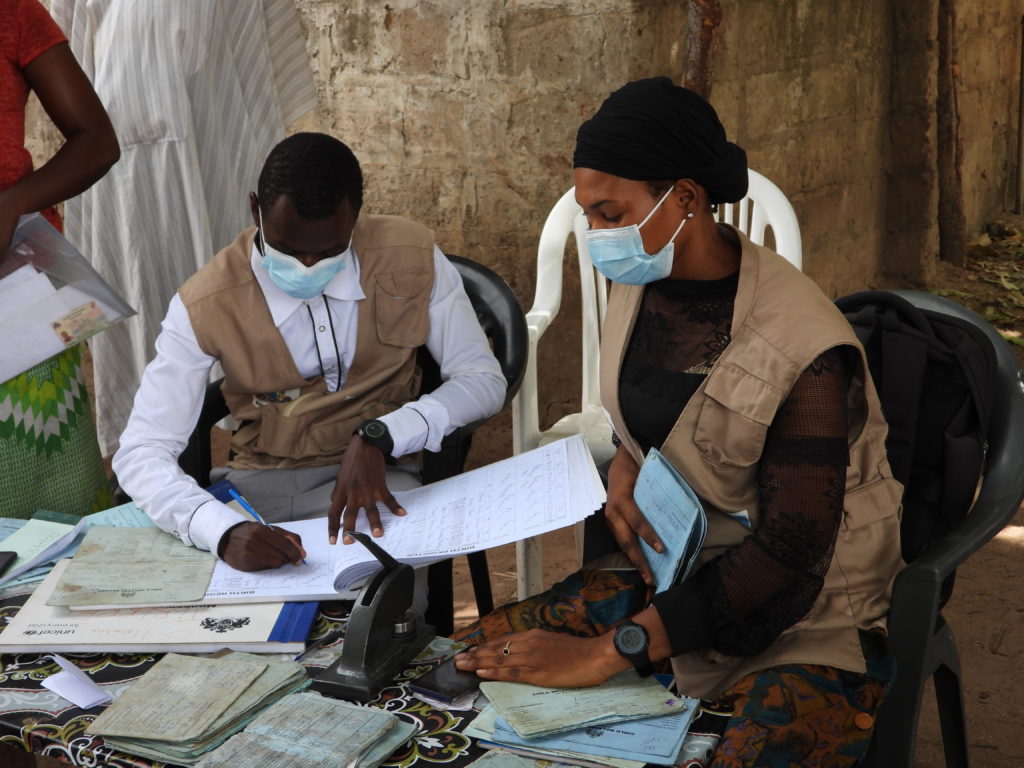
Millions around the globe live and die without any official proof of existence—a fact that is as unconscionable as it is startling.
So many of us take something as basic as a birth certificate for granted. Yet in more than 100 countries, the absence of fully functioning civil registration and vital statistics (CRVS) systems prevents many parents from registering their children’s births and securing a legal identity that unlocks access to a lifetime of services and protections.
Robust civil registration systems register every birth and death and assign causes of death. For individuals, these official records are crucial to unlocking social benefits such as education, health care and the right to vote. For policymakers, having comprehensive data that counts everyone provides a pathway to healthier populations and helps to ensure that no sector of society remains invisible.
In Africa, only one in 10 deaths is registered—and far fewer are recorded with a usable cause of death assigned. The COVID-19 pandemic has underscored such deficits in civil registration and cause-of-death data, spotlighting the urgency of counting the dead to help the living. With digital technologies, demographic analysis and coordinated country leadership, the means to count everyone—even in the most remote parts of the world—are within reach of all governments.
Many countries have found innovative ways to strengthen their CRVS systems. In Colombia, for example, text messaging is being used to report births and deaths in impoverished rural areas previously left behind in civil registration. In Bangladesh, civil servants who help families register are compensated, in part, based on reaching registration coverage targets. And in Rwanda, the government has decentralized registration services, allowing people to report births and deaths much closer to the population.
Our CRVS and Data Impact teams have been in the global vanguard of promoting the measurement of excess mortality during the COVID-19 pandemic (by comparing all-cause mortality data to historical averages). This approach has emerged as a critical tool for monitoring the impact of the pandemic, and Vital Strategies is supporting it in 11 countries in Africa, Asia and Latin America.
In 2021, Vital Strategies launched #CountingEveryone, a campaign that calls upon national leaders to prioritize improvements to CRVS and showcasing those countries that are making real progress. By highlighting the coordination and commitment at all levels of government to strengthen CRVS systems, we hope to inspire other countries to enact the changes needed to count everyone, everywhere.
—José Luis Castro, President and CEO, Vital Strategies
Learn more about the campaign and our CRVS and Data for Health programmatic work by exploring these blogs, videos and resources:
Expert Focus
“Millions more people have died from COVID-19 than official records indicate.”
Q&A: Ensuring Everyone Counts: New Framework Makes Registering All People Possible
What to Watch
Global Policy
Vital Stories
In The Gambia, Counting Everyone Starts in the Community
The Power of Data to Reveal and Address Health Inequities
Advancing LGBTI Rights in Peru Through Civil Registration Reform